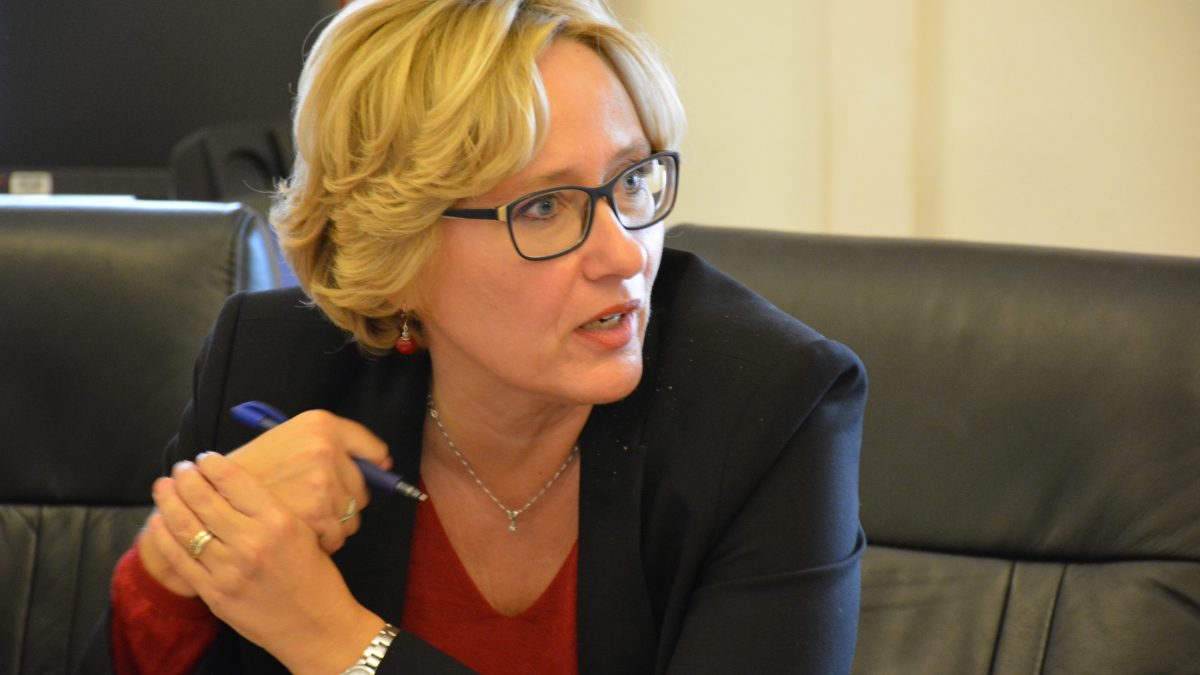The coronavirus epidemic is a public health problem that, like any emergency of similar proportions, is inseparable from human rights. In order to protect the freedoms and rights of others, legal order, public morality and health, freedoms and rights can be restricted, but only by law and proportional to the nature of the need for restriction in each individual case.
Measures to prevent the spread of coronavirus in Croatia have so far been introduced gradually and are proportional to the need for their introduction, and Ombudswoman Lora Vidović will continue to closely monitor the situation. This includes the announcements of mobile data collection to monitor citizens’ movements, which would limit the right to privacy, but could be justified if the measure is proportionate, time-limited and supervised.
Access to information can be crucial during the times of emergencies, affecting both health and life, so it is commendable that officials openly and regularly communicate with the public, and certainly should continue to do so. This ensures all relevant information are received by citizens in a timely manner, suppresses the spread of panic and fake news, and strengthens confidence in institutions, which is essential in order to follow recommendations of epidemiologists and all imposed measures.
Since the start of the epidemic, considerable attention has been paid to older persons, who receive support from the Croatian Red Cross. Additionally, the package of measures to assist both employees and employers is aimed at preserving jobs and financial stability for the workers. Citizens who turn to the Ombudswoman these days, most often have questions in the area of labour relations and health insurance, which also shows that they do not have enough information about their rights.
Government measures also include protection of persons at risk of foreclosure on the only property, i.e. eviction, but it is important that they also include homeless people, residents of rural areas with less access to public services, beneficiaries of social welfare, residents of isolated settlements without water connection, which significantly applies to the Roma, and others who do not have equal opportunities to follow preventive measures.
Lastly, the epidemic is particularly challenging for numerous women and men who continue to perform their jobs, in order to provide citizens with basic living requirements, so the Ombudswoman expresses her gratitude to workers in shops, pharmacies, food and medicine production, journalists, freight drivers and others, as well as to all in public services, such as the police, communal services or public transportation. Gratitude and deep respect also go to the health professionals across the country, whose time, knowledge, and health are constantly at the disposal for the benefit of the entire community.
In order for their hard work and sacrifice to give results, everyone must be involved in responding to the epidemic, by following the recommendations of epidemiologists and all imposed measures, because responsibility has no alternative in fighting for the health of the entire society, and thus the protection of the human rights of all.


